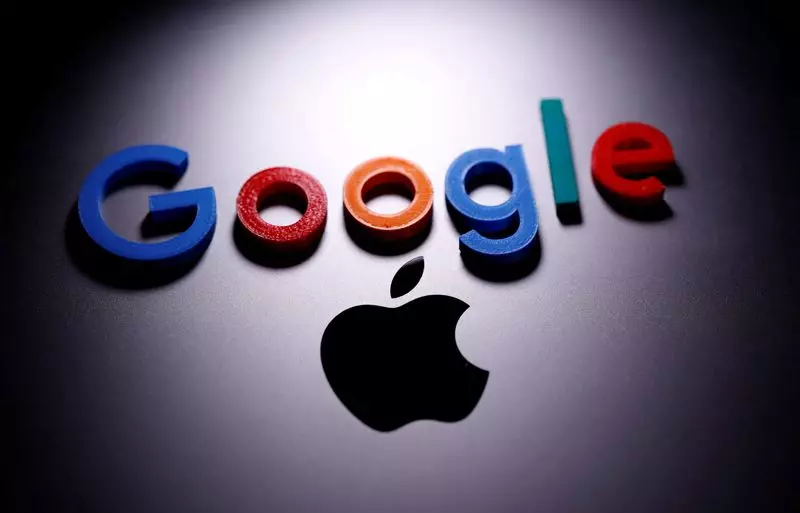In recent times, the tech industry giants are grappling with unprecedented challenges as antitrust regulators on both sides of the Atlantic are intensifying their crackdown on alleged anti-competitive practices. This has put companies like Apple and Alphabet’s Google in the spotlight, with the possibility of facing break-up orders, a scenario previously unseen in the industry. The actions taken by regulators in the EU and the U.S. could potentially set a new precedent for similar cases globally, as indicated by the surge in antitrust probes initiated by various countries following the initiation of investigations in the EU and U.S.
The U.S. Department of Justice recently warned Apple, a colossal $2.7 trillion company, about the possibility of a break-up order as a measure to restore competition. The government, in collaboration with 15 states, filed a lawsuit against Apple, accusing it of monopolizing the smartphone market, stifling competitors, and inflating prices. Similarly, Google has been at odds with the EU over allegations of anti-competitive practices in its adtech business, potentially leading to divestments and other stringent measures to prevent conflicts of interest. The scrutiny on Big Tech is expected to intensify further, with companies like Apple, Meta Platforms, and Alphabet likely to face investigations for Digital Markets Act (DMA) violations, which could result in hefty fines and even break-up orders for repeat infractions.
Despite the looming threat of break-up orders, it remains uncertain whether regulators will actually enforce such drastic measures. Legal experts have pointed out significant challenges in implementing break-up orders, particularly in cases like Apple’s, where the highly integrated nature of its systems complicates the process. Contrary to Google, whose services can be unbundled more easily, Apple’s ecosystem, including its App Store, presents a thorny issue for regulators considering a break-up. Experts suggest that behavioral remedies might be more plausible in the case of Apple, focusing on obligations that compel the company to act in certain ways, rather than resorting to a structural break-up.
In the face of mounting regulatory pressures, Big Tech companies are under increased scrutiny, prompting calls for bolder actions to ensure market openness and fairness. European Parliament lawmakers, such as Andreas Schwab, advocate stringent measures against tech giants that flout regulations, emphasizing the need for more innovation in the market. While the ultimate goal is to foster competition and prevent monopolistic practices, the road ahead for regulators remains uncertain, with the possibility of fines being a more likely outcome than break-up orders. Testing the waters with structural remedies may involve lengthy legal battles, as companies like Apple navigate through the complex regulatory landscape and potential legal challenges.
The regulatory crackdown on Big Tech represents a significant turning point in the industry, as companies like Apple and Google face mounting challenges from antitrust regulators globally. While the possibility of break-up orders looms large, the practicalities of implementing such measures and the legal complexities involved present substantial hurdles for regulators. As the debate around regulatory actions against Big Tech continues, the industry is poised for a period of heightened scrutiny and potential transformation, with the outcome likely shaping the future landscape of competition in the tech sector.

